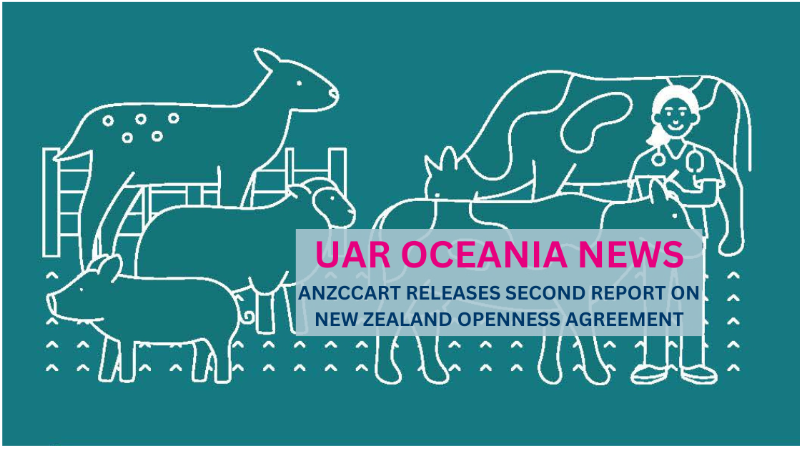Animal health
Medicines and vaccines for pets and livestock rely just as much on animal research as human medicines. And the majority of the medicines that vets prescribe are actually derived from those used in humans.
Many of the drugs and procedures used to treat people are equally effective in animals. The vet can use the same antibiotics and antiseptics; the same hormones, tranquillisers, local anaesthetics and general anaesthetics as doctors.
There are some treatments used exclusively in veterinary medicine, such as drugs or vaccines used against parasitic diseases that only affect a particular animal species. More than half a century ago, Sir Leonard Rogers calculated that the lives of more than 100 million animals had been saved by inoculation against anthrax and rinderpest (cattle plague) and a similar number by swine-erysipelas inoculation. It is difficult to see how these vaccines would have been developed without animal research.
The severe respiratory disease Pasteurellosis used to affect 1 in 5 cattle. Developing a vaccine involved research on about 450 calves. This vaccine has since been given to 100 million calves and prevented around 20 million calves from getting the disease.
Some medicines are effective against a wide range of parasites. Ivermectin is one of the most important veterinary medicines, used against internal (worms) and external (fleas and lice) parasites in many different species. While it was originally developed for animal use it has since been shown to work against the nematode worms responsible for onchocerciasis (river blindness) a condition affecting millions of people in the developing world.
For more information, see the AnimalResearch.info pages on veterinary medicine and for more on animal vaccine research see http://www.labanimaltour.org/pirbright.



